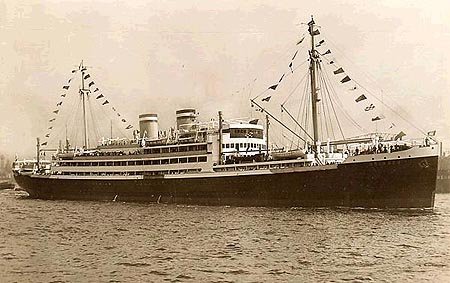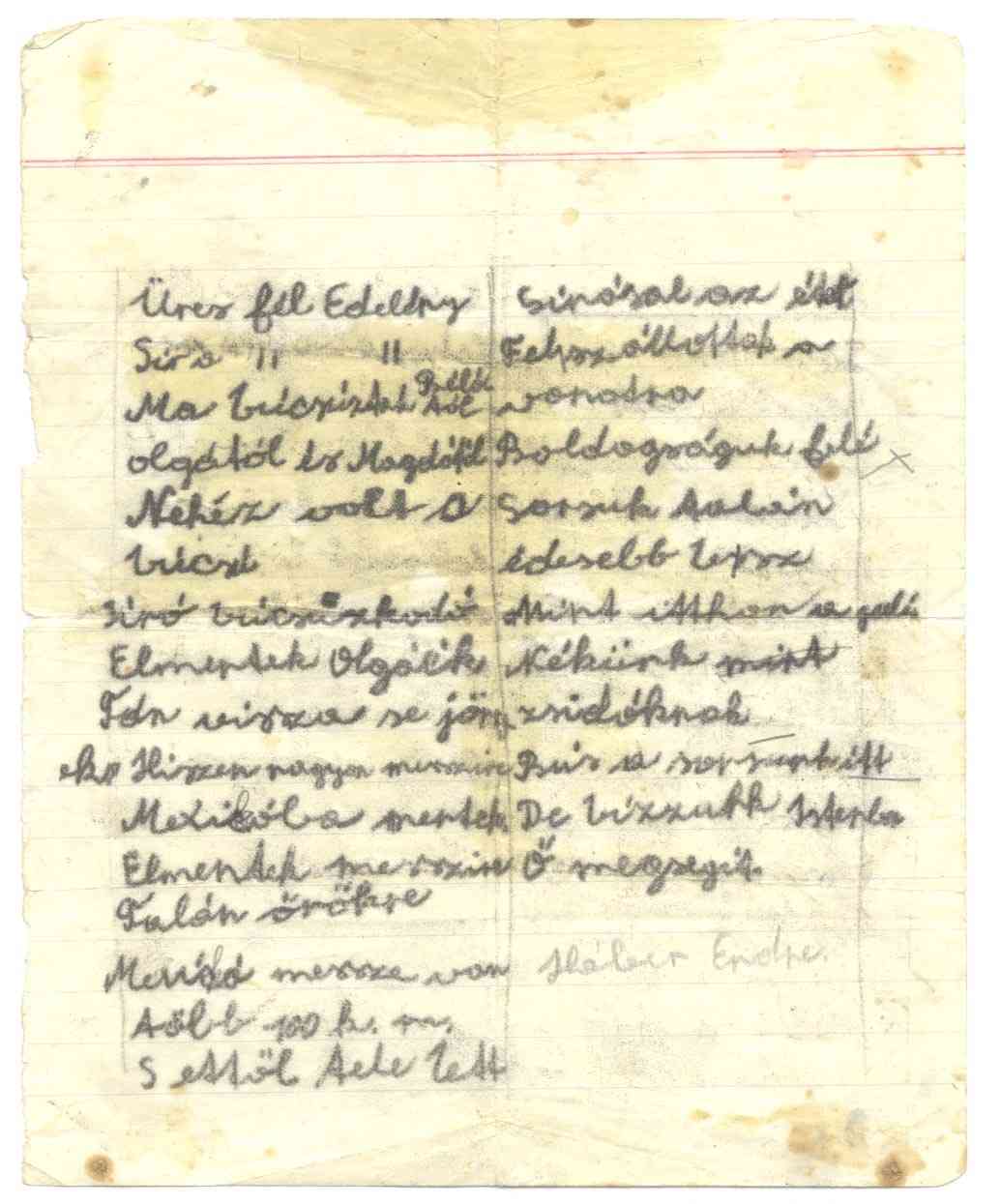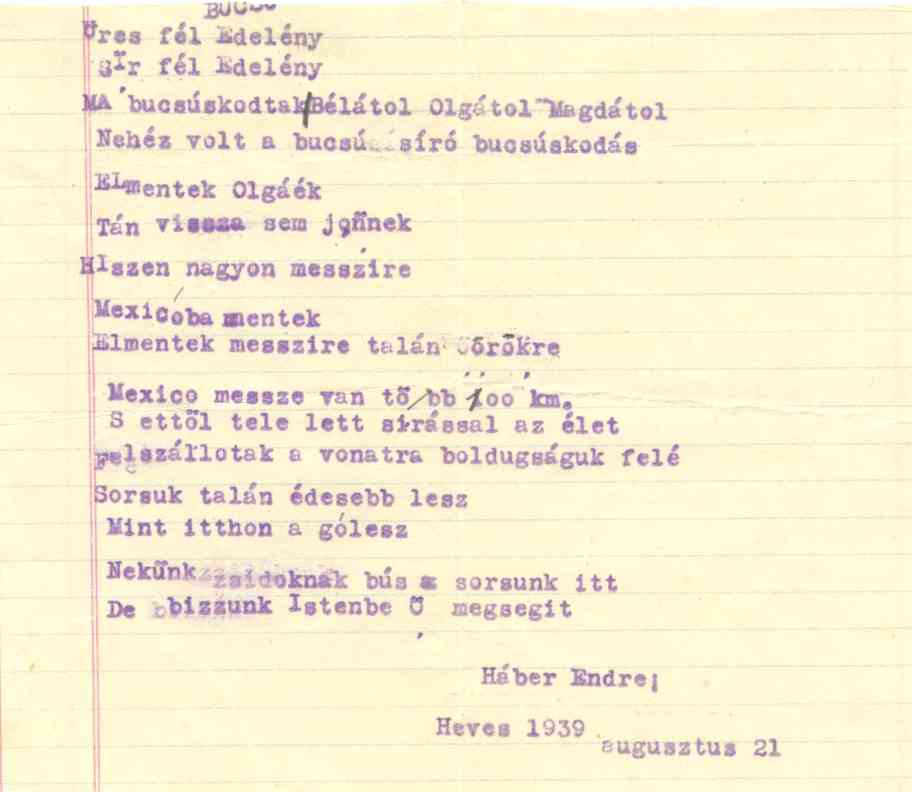| District: Borsod 14 miles N of Miskolc 94.3 miles NE of Budapest | 48°18' N, 20°44' E |
The Mogyoros FamilyBy Viviana Grosz |
| Slide Show Controls
|
|
My grandfather Mordechai, later called by all who knew him in Edelény as Maksi Bacsi, traveled to Omañi from Borsod to meet one of the Goldstein sisters. He liked, he told the matchmaker who arranged the meeting, the brunette and not the red-head. Although my grandfather was twelve years her senior, he married my grandmother Millie (Mindl) whom –as my mother used to say- he adored, and settled in Edelény. There he engaged in commerce and trade and ventured into investing in a coal mine, where he lost most of the money that was originally intended for his daughters’ dowries. The youngest of their eleven children, Piroshka, died as an infant, followed by Kato who fell ill and died at age ten. My mother Olga was the fifth child. She grew up in a loving Orthodox family where, she liked to tell, there were no fights among the siblings; on the contrary, she always added, the older brothers and sisters took care of the younger ones. My mother attended grammar school and prepared for the gymnasium subjects in Edelény, and she traveled to neighboring Miskolc to take the required examinations. By 1929 her oldest brothers Jozsi and Feri were already in Mexico, where they had joined a fellow landsman. Due to the high altitude and climate conditions in Mexico City, Feri returned to Hungary a little after where he married and luckily survived the Holocaust, although the fate of his wife and child was not so fortunate. A few years after Jozsi immigrated to Mexico, other siblings followed. First Gela and then Klari, both of whom married other Hungarian Jews who were also seeking refuge in the new country. In 1939 my mother, her sister Magda and their younger brother Béla, who was then seventeen years old, received visas to enter Mexico. They took the train from Budapest to Hamburg from where they sailed in the Orinoco to America. During the voyage –my mother recounted later 1- she spent most of the time in her cabin crying because she somehow knew she would not see her parents again, and that –she added- "is the saddest thing of all". While at sea, on September first, 1939 my mother and the rest of the passengers in the Orinoco learned of the invasion of Poland. After six weeks from the time they left Hamburg and a brief stop in Havana, where they were not allowed to disembark, they finally arrived to the shores of the port of Veracruz in Mexico. 
Permission to print image granted by www.simplonpc.co.uk on July 16, 2009. Below is the poem that Bandi (Endre Haber), my mother’s oldest nephew who was killed in Auschwitz, wrote after my mother and her siblings left Edelény. Good ByeTranslation courtesy of George Hoffman, Budapest 2008 Half of Edelény is empty Half of Edelény is crying We said fairwell to Béla, Olga and Magda It was hard on us; it was a farewell with lots of cries Olga and the others have left They probably never come back Since they are going very far, to Mexico They’ve gone far away, never to return probably Mexico is far, more than 100 kilometers away This made our life full of cries They got on a train the goal is Happiness Hopefully their life will become sweeter Than the tzures here at home We Jews have a sorrowful life here But we truest God to help us Endre Háber from Heves August 21, 1939 
 1My daughter Adina recorded the interview she made of "Babi Olga" in Mexico City in 2001. |